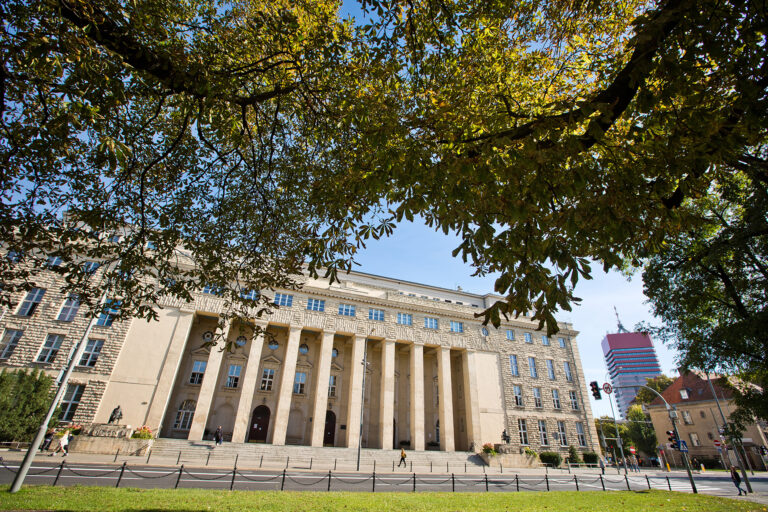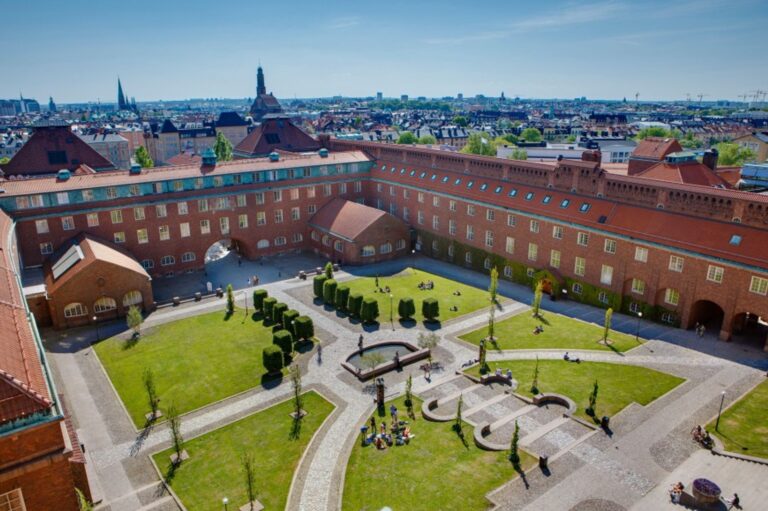
IMP Forum Seminar 2025 – Highlights from Poznań
IMP Forum Seminar 2025 at the Poznań University of Economics and Business On June 12–13, 2025, the IMP Forum Seminar 2025 took place at the Poznań University of Economics and Business, Poznań, Poland. The seminar gathered 51 participants from Poland, Europe and



